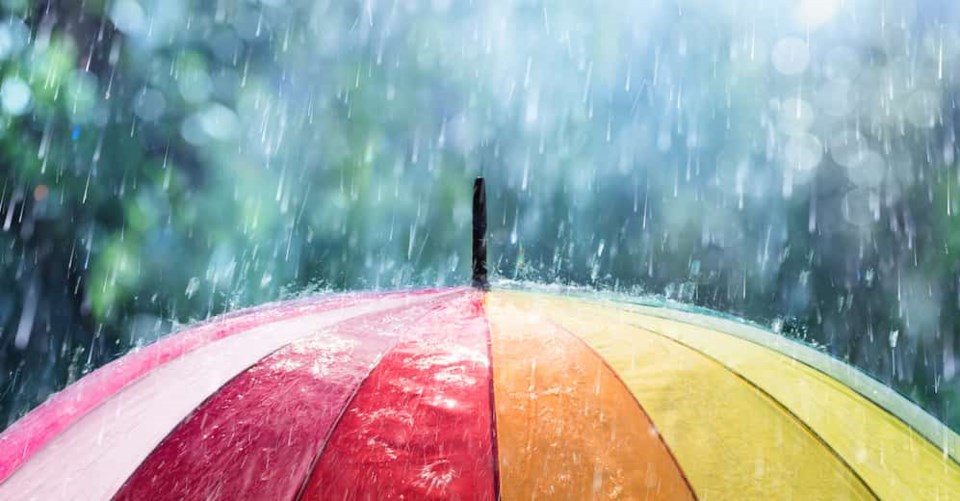You might want to keep a sturdy umbrella with you for the next couple of days.
The Vancouver weather forecast calls for a great deal of rainfall to kick off the first week of January, as well as some windy mornings.
Starting on Monday, Jan. 4, Environment Canada calls for rain with up to 20 mm of rainfall during the day, as well as some wind near the water during the morning. The evening forecast calls for a 60 per cent chance of showers.
On Tuesday, the forecast calls for more of the wet stuff, with an additional 20 mm of rainfall expected in the morning. The overnight forecast also calls for rain, as well as windy periods. Wednesday is expected to see rain during the day, but the nighttime forecast calls for cloudy periods.
The sun is expected to peak out Thursday, but the overnight low is expected to dip down to freezing. Friday's forecast calls for a 60 per cent chance of showers all day long.
Saturday is expected to see a respite from the rain during the day, but the evening is expected to see a 60 per cent chance of showers.
Metro Vancouver Weather Forecast
 . By Photo via Environment Canada
. By Photo via Environment Canada
La Niña Winter
The Canadian Government defines La Niña as "the appearance of cooler than normal waters in the eastern and central Pacific Ocean"—A.K.A. the waters off B.C.'s coast. Sometimes also referred to as "a cold event", the climate pattern is generally considered to be the opposite of El Niño, and is usually great news for skiers and snowboarders hoping for a season full of champagne powder.
"This year we have entered into a linear pattern and it's almost 100% going to stick around for December, January, and February--and beyond. It's a moderate to strong La Niña and with that, what we call a teleconnection is when it's going to actually impact us here in B.C.," says Castellan.
While La Niña was identified back in August, it didn't have a significant bearing on local weather at that time. But mid to late December onward, B.C. will likely see colder than normal temperatures, with a much higher level of certainty than Environment Canada will normally give for seasonal projections, Castellan explains. After that, the pattern is expected to continue into spring.
Read more here.
--With a file from Megan Lalonde.



